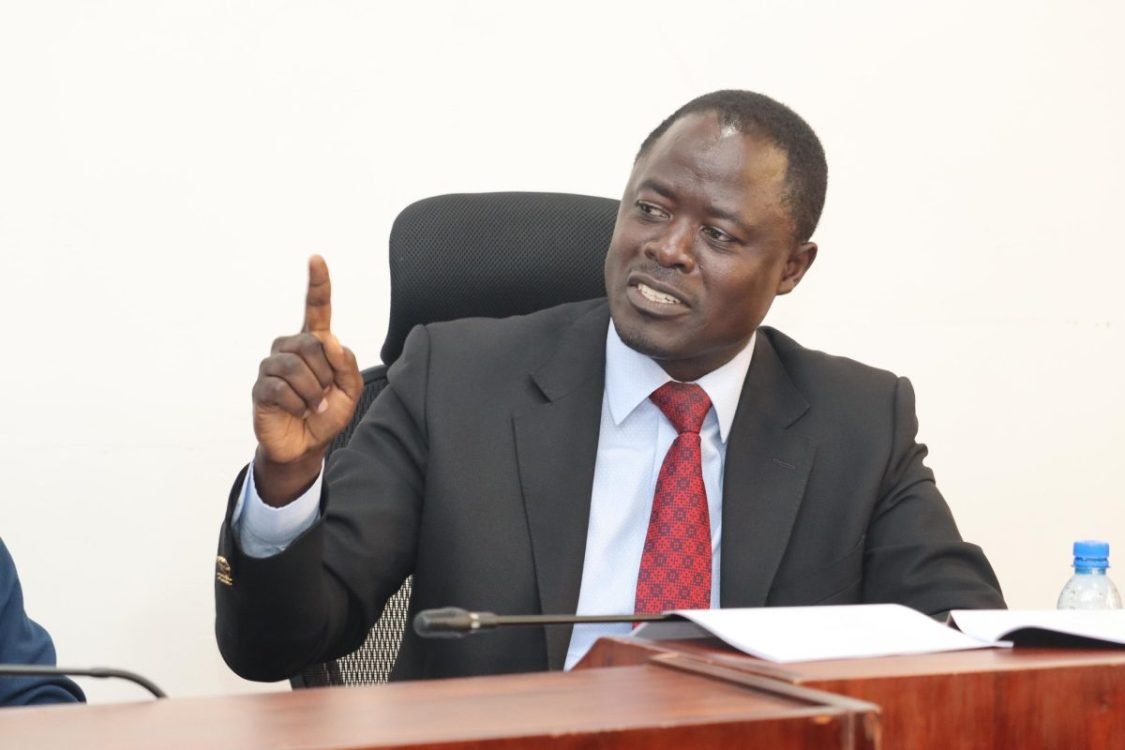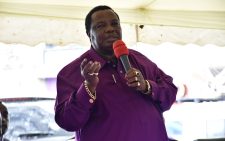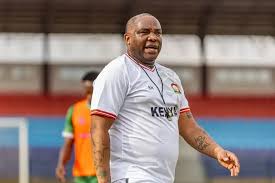For leaders, RIP might as well mean ‘rest in politics’

In Kenya today, two indistinguishable events are funeral ceremonies and political campaign rallies. Their similarity finds explanation in the yesteryear dictatorship that outlawed free speech by government critics. Consequently, politicians are in the habit of invading the homes of the dead with promises of entertaining mourners and footing hospital and mortuary bills.
Oversight, representation and legislation are often sacrificed at the altar of funerals. Legislators are more than ready to skip legislative sessions but not funeral services, where the media highlight their concern and philanthropy to the bereaved least known before death or in death beds.
Coverage of philanthropic gestures in the times of need and desperation boosts political CVs. In campaigns, candidates boast coffins bought, bulls slaughtered and alcohol consumed from their accounts. The politicians look forward to reciprocal gestures in the form of votes carried in gunny bags and baskets drawn by mules.
Abundant opportunities to whip up political sympathy and support exist in funeral gatherings and it looks like politicians would wish that more deaths occur for them to shed political tears. Few Kenyans knew that a veteran politician, one of the longest-serving parliamentarians and father of parliamentary reforms, Peter Oloo Aringo, was ailing until his demise recently. But now, because he is dead, MPs visit his home in droves to console and condole the family. His burial promises to be a crowd puller graced by the who’s who in Kenyan politics
Even the disgraced Deputy President, Rigathi Gachagua turned to mourners in a church and asked for prayers ahead of a court ruling in a case related to his impeachment, though President William Ruto had already appointed his successor.
Unfortunately, some of these speeches are made against the oral and written wills of the departed or their family members. For instance, the former Butere MP Martin Shikuku loathed flattery and praise of the dead. His wish was that politics should be kept out of his burial. This wish was ignored and there were more political outbursts at the burial than anticipated.
Some of the lesser, poorer mortals die of curable and preventable diseases and hardly get support to buy even painkillers to relieve excruciating pain from the loudest wailers seemingly ready to exhibit opulence to the bereaved.
The days when the oral and written wills of the dead were respected are no more. So, the words RIP, for rest in peace, conspicuously displayed on the coffins are meaningless. The acronym RIP should now read “rest in politics” for the leaders who appear to shed political tears, if not crocodile tears, at such functions.
When did funerals and politics become bedfellows? The intolerant Jomo Kenyatta administration of the 60s, like his successors, was allergic to divergent opinions As a result, he slapped a ban on opposition activities and rallies. The ban was an exercise in futility.
The outlawed opposition party Kenya Peoples Union, led by former vice president, Oginga Odinga sneaked into funerals and made far-reaching political statements against the government of the day, including campaigning for opposition proxies in the then-ruling party Kanu.
Campaigns at funerals continue to date without congratulating Odinga in the grave for the ingenuity that has stood the test of time and thrived.
— The writer is a Freelance Journalist-













